Director’s Statement

(adapted from filmmakers’ New York Times op-ed)
We’re making this film because it’s a classic underdog story and we’re inspired by the courage of our protagonists. We want to understand how ordinary people find such courage in themselves. We think this film has the potential to change the way Americans think about labor, immigration and activism in general.
We first met Mahoma López, in April 2012 at a secret meeting in a McDonald’s on the Upper East Side of Manhattan. We’d spent the previous autumn documenting the Occupy Wall Street protests. Mahoma had reached out to the Occupy movement for help with his struggle to improve conditions at his workplace — the original Hot & Crusty bakery and cafe at 63rd Street and Second Avenue. At first he seemed a quiet, humble worker — the kind customers often overlook as they wait in line for sandwiches and coffee. But Mahoma would not be invisible for long.
Mahoma and his co-workers filed a complaint with the New York State Department of Labor but gave up waiting for a response after several months had passed. They reached out to big unions, but were turned away because their shop was too small. In May 2012, Mahoma and his co-workers went to the National Labor Relations Board and voted to form their own independent union. This set off the chain of events documented in this film.
In the early 20th century, immigrants were at the forefront of the labor movement that helped build our middle class. Today, when the fastest growing job sectors are retail and food preparation, the struggles of low-income workers and their families matter more than ever. Turning these jobs into living-wage jobs while fixing our broken immigration system would lift millions out of poverty and benefit our entire economy by increasing consumption and tax revenue. Mahoma’s story is part of a growing wave of low-wage and immigrant workers organizing across New York City and around the country that has the potential to spark this kind of change. It’s time we admit it: America runs on the labor of the undocumented. Their struggle for rights, inside and outside the workplace, is an inseparable part of our democratic project.
Rachel Lears and Robin Blotnick
Directors, “The Hand That Feeds”










